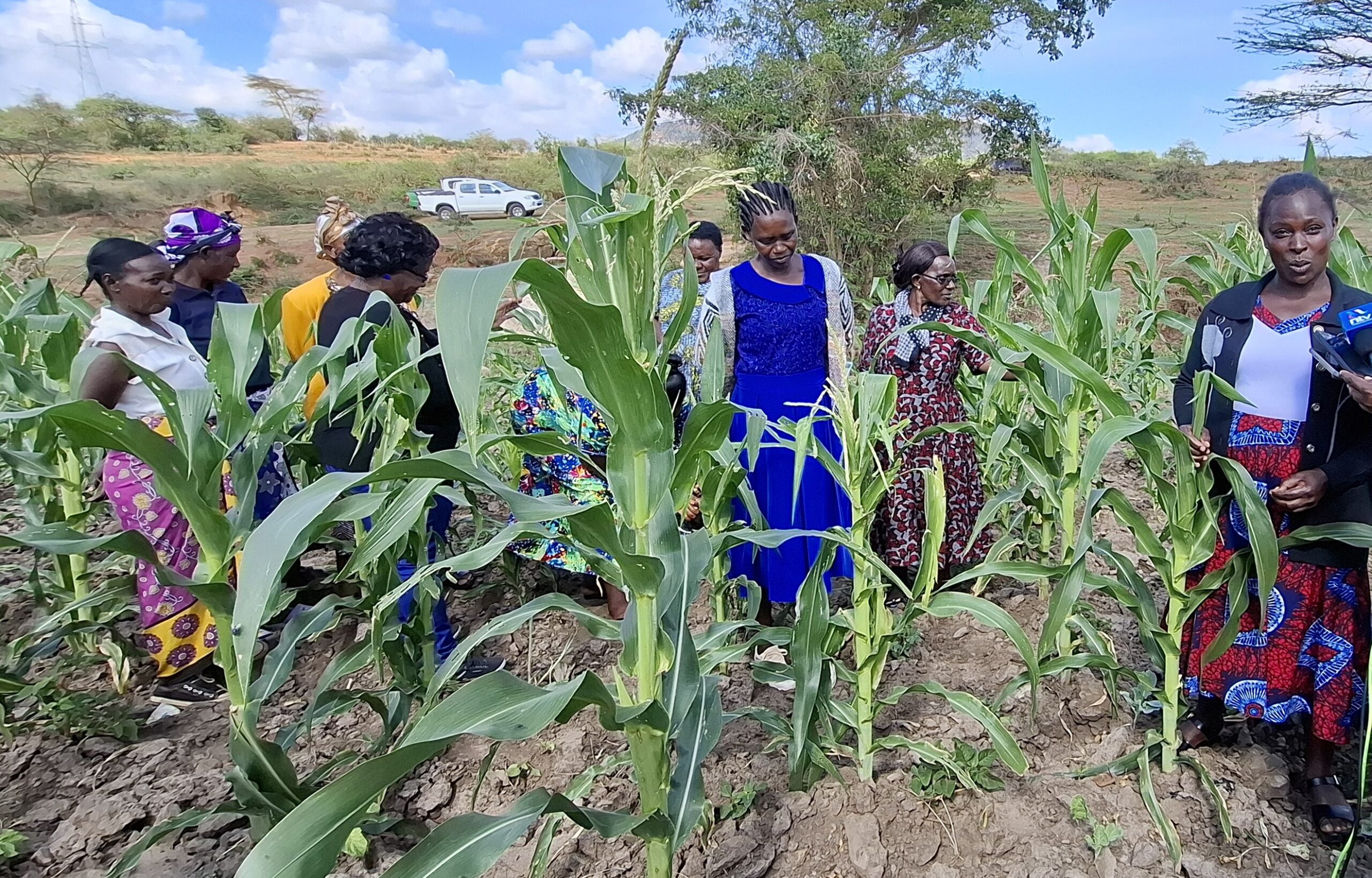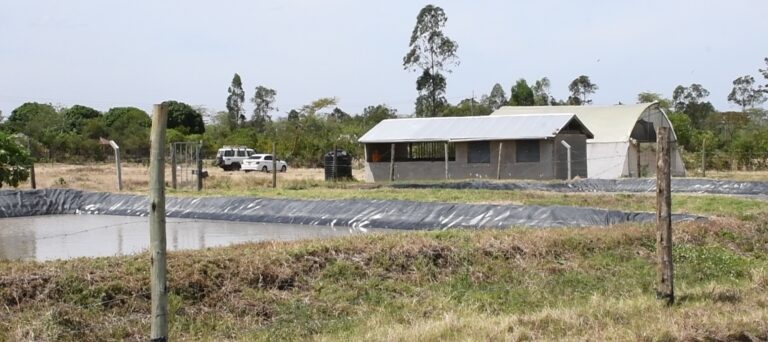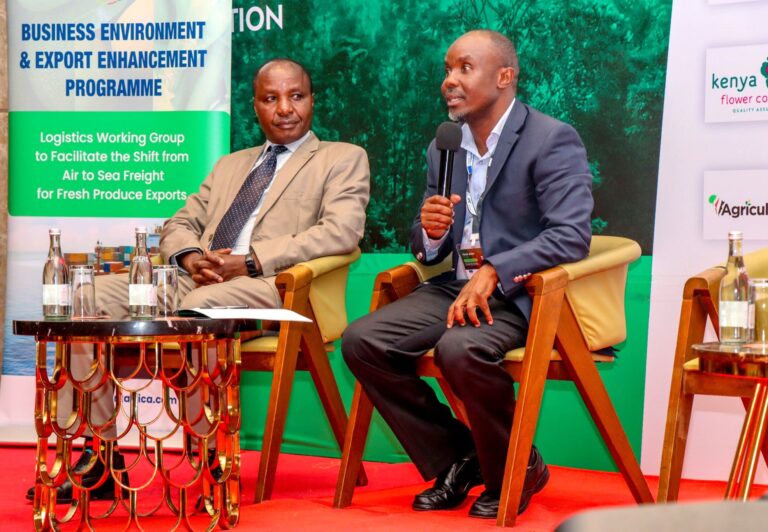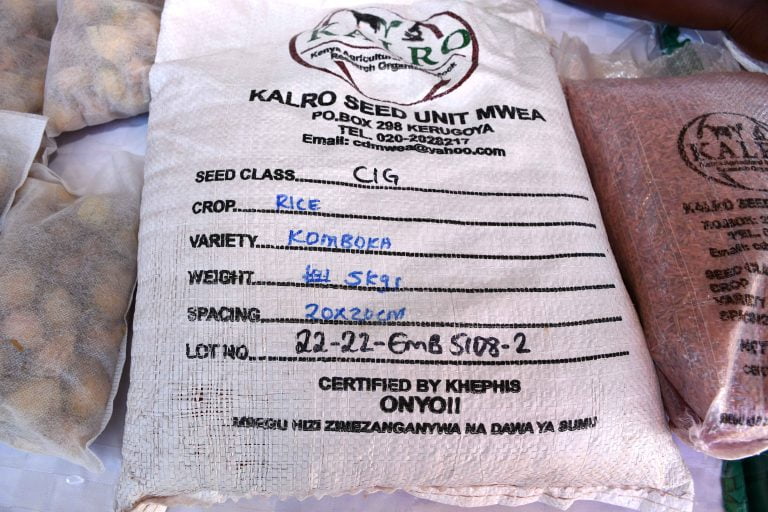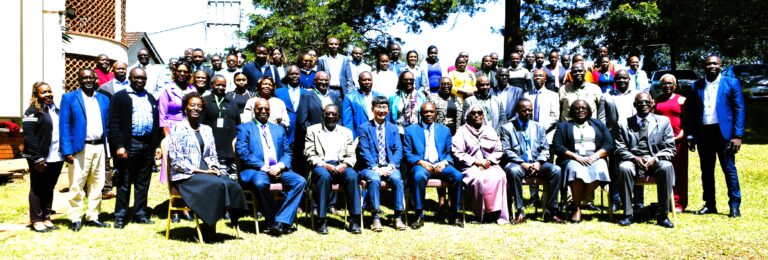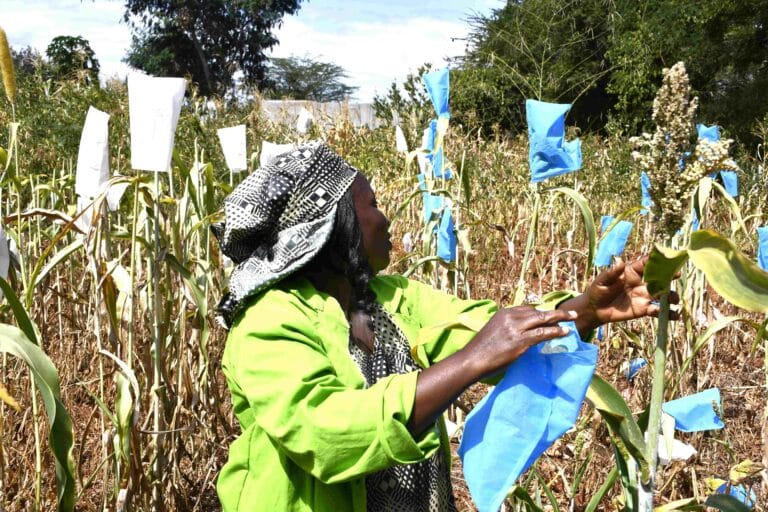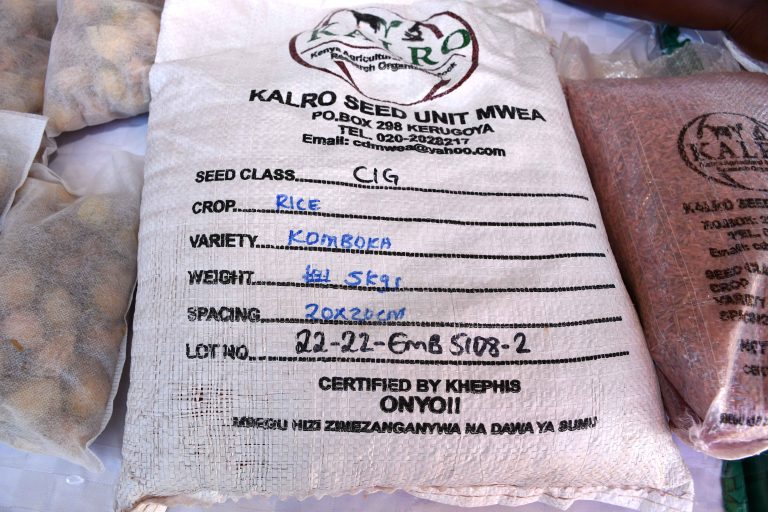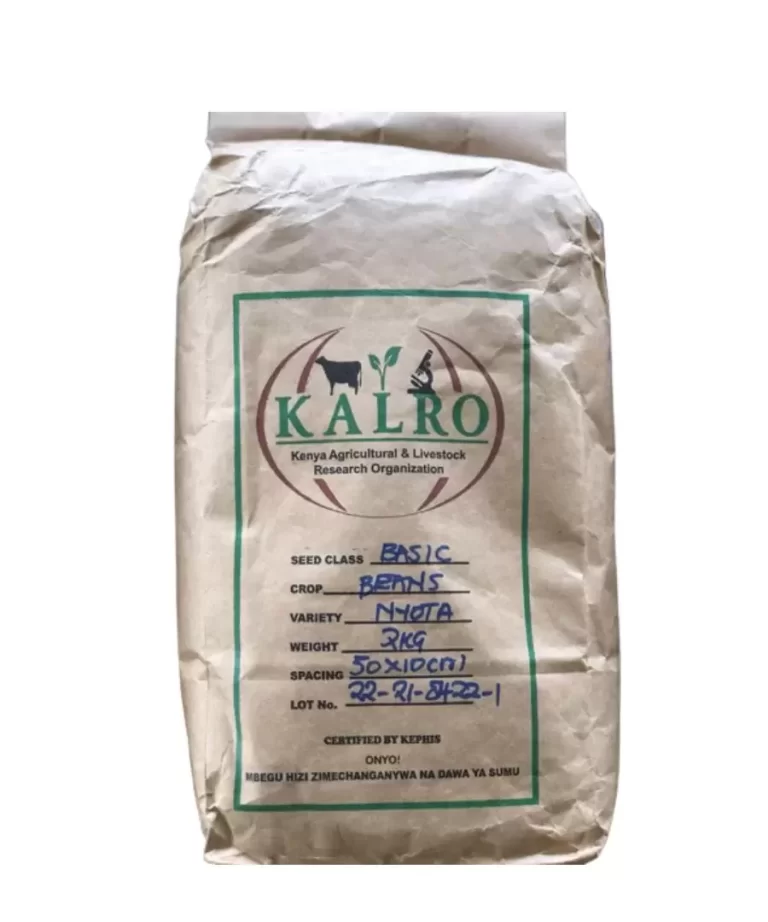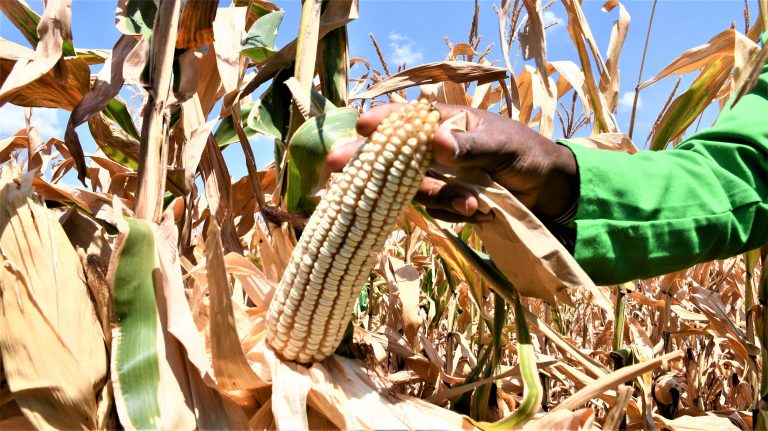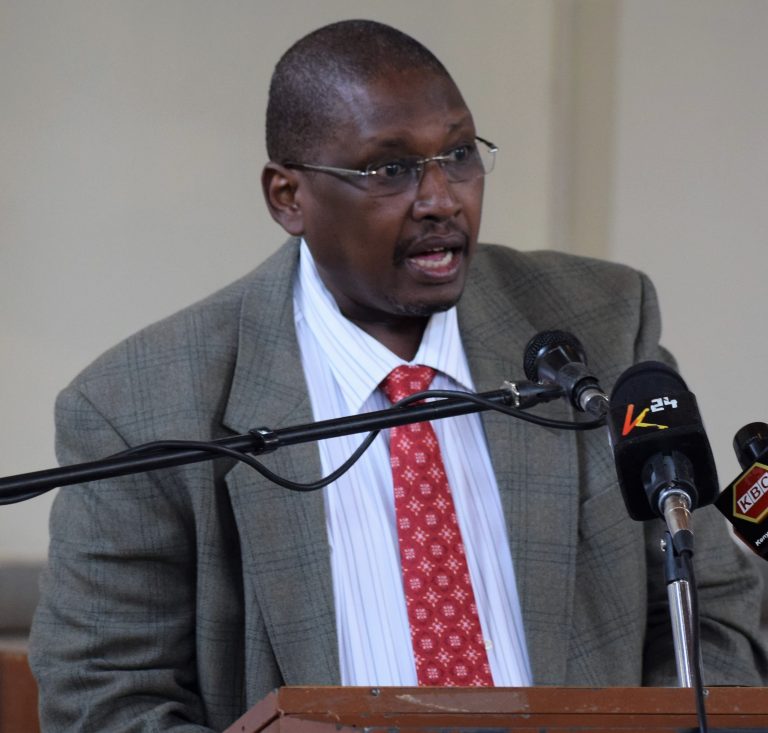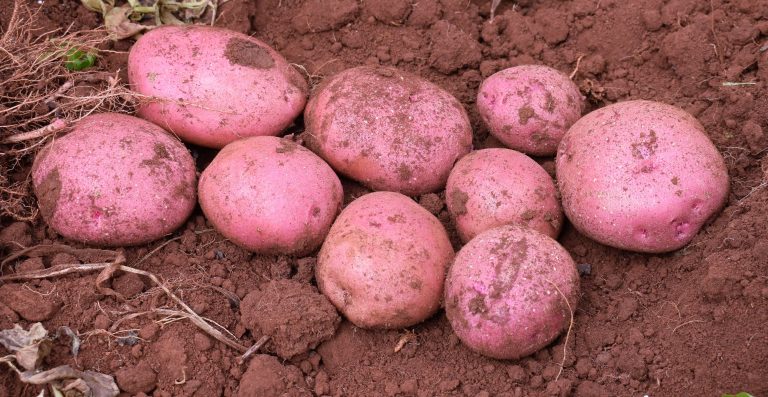By Kimuri Mwangi
The government, through the Kenya Agricultural Livestock Research Organization (KALRO) in partnership with the Korean government, is advancing a programme aimed at strengthening pest management by developing new technologies, innovations, and management practices.
The initiative seeks to help farmers reduce the heavy losses caused by pests that have been destroying crops and wiping out yields by up to 100 per cent.
Speaking during the Korea-Africa Food & Agriculture Cooperation Initiative (KAFACI) inception meeting at Katumani, Machakos, held to launch and plan the rollout of the programme’s extension, Dr. Zachary Kinyua, who is in charge of the Coordination of Research in Crop Health at KALRO, noted that pests, particularly migratory invasive insects such as the Fall Armyworm (FAW), have forced farmers to spend heavily on pesticides.
The programme, titled “development of Pest monitoring and eco-friendly control technologies for Africa,” aims to reduce the use of highly toxic chemicals by introducing farmer-friendly and effective pest management technologies.
For farmers like Catherine Mwanzia from Masii, who has grown maize for over 20 years, FAW remains a significant threat.
“When you are a farmer, you do not have money to buy the pesticides. We used to apply the traditional method, like ash, but when FAW entered our farms in 2017, it ravaged all our maize,” she said.
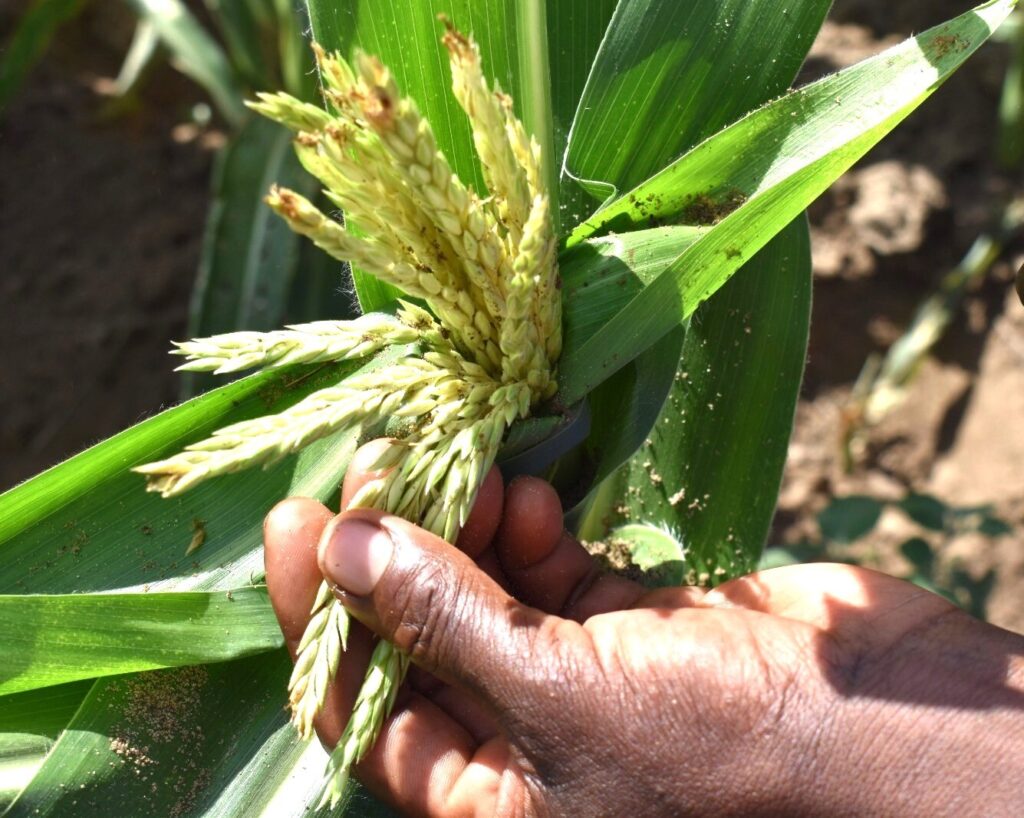
Mwanzia said farmers had been trained on integrated pest management (IPM), which combines various sustainable methods, as well as push–pull technology.
“Before being trained, I used to only manage 4 bags of maize in my entire one acre of land, but after training, I started getting 10 bags, which is good compared to previously, though the problem of pests is still here with us,” she said.
She added that her 30-member farmer group has applied the techniques shared by KALRO and has begun to see positive results.
Dr Muo Kasina, a Principal Investigator of the programme at KALRO, said the team is developing strong mechanisms for monitoring insect populations to curb their impact before it escalates.
“Initially, farmers were not using a lot of pest control products on maize, but now you cannot grow maize without pesticides. And one of the things we are doing is working to reduce the use of pesticides by using fungus to control the fall armyworm and using parasitoids.”
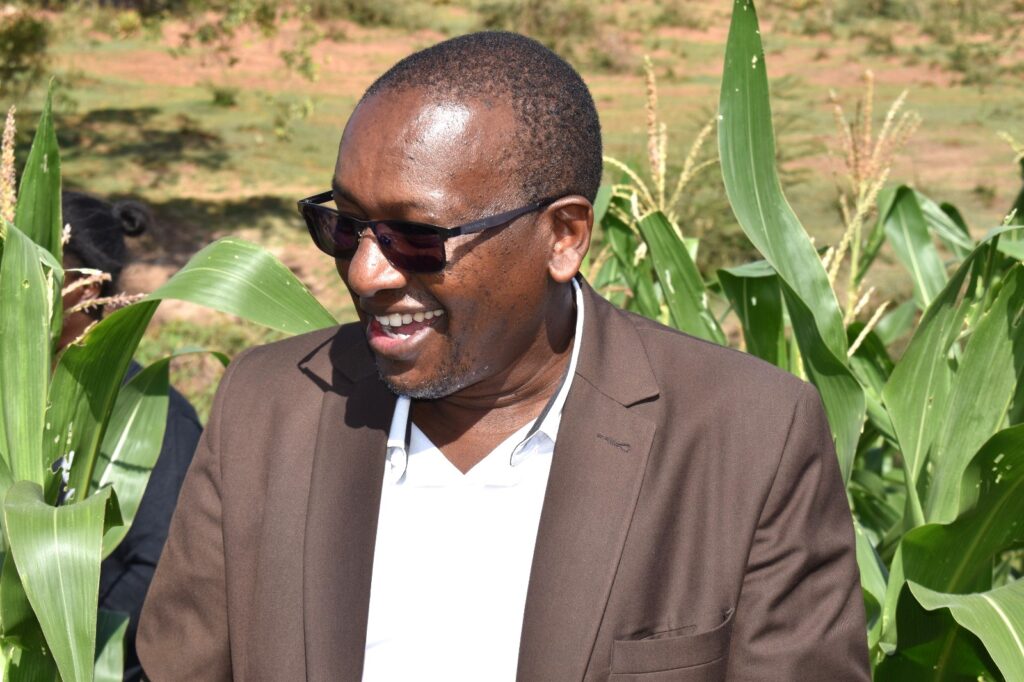
Dr. Kasina added that the programme is also working to develop prediction tools using climate data, along with eco-friendly technologies such as resistant maize varieties, biological controls, and expanded farmer training.
“This extension program is going for five years 2025–2029, and we expect to come up with three kinds of outputs and one of them is being able to give farmers something like an app or a product that they can use at home to know whether the pest is going to increase, to reduce and whether they need to apply some pest control products targeting insects like fall armyworm,” he said.
He noted that the programme also seeks to fill existing information gaps on pest management while advising policymakers on best practices and effective information-sharing systems.
“When it comes to knowledge sharing, one of our findings from the Masii area is that most farmers were getting information from agrochemical stores, but we want to bring information close to farmers from research, and instead of them looking for information all over, they have something tangible that when they open, they can get information close to them and reduce misinformation,” Dr. Kasina said.
He added that working closely with farmers and extension officers will help ensure the information reaches communities effectively and that the technologies developed can be applied nationwide.
Kennedy Senagi, a data scientist and software engineer at the International Centre of Insect Physiology and Ecology (ICIPE), said the team is building models based on farmer and expert data to identify regions most suitable for pest spread.
“The models guide us to inform us where possibly the pest will move to, and this will in turn be used by stakeholders and experts to move in and put possible interventions and appropriate measures to combat and reduce the spread of these pests,” he said.
Muthui Mutisya, the Ward Agricultural Officer for Masii Ward in Machakos, said their focus is on promoting good agricultural practices to boost farmers’ food security and incomes.
“The emergent pests have been affecting farmers’ yields, and we have been cooperating with experts from KALRO to ensure a way is found to eradicate the pests and prevent them from spreading, and we are not recommending to farmers to use the technologies being brought about, such as IPM approach, to protect their crops,” he said.
Mutisya added that extension officers will continue training farmers through demonstrations, farm visits, and group engagements to ensure they receive the right information to address pest challenges.
The five-year KALRO–KAFACI initiative is focused on discovering, developing, and piloting innovations that reduce reliance on chemical pesticides while promoting sustainable agriculture. The programme places strong emphasis on biological control, natural enemies, and habitat management as part of a broader effort to improve pest management across the country.


